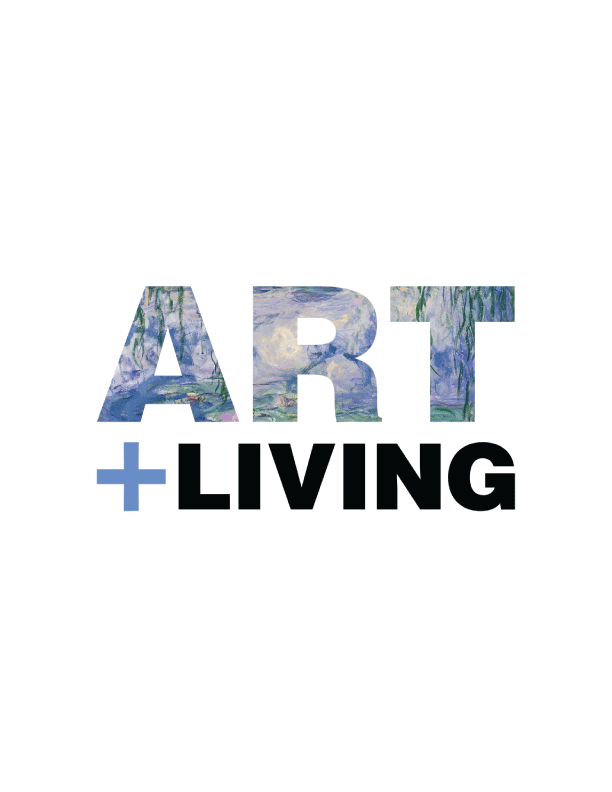The selves we save and discard in the the social media age
Sadly, like many corners of the internet in which the user can find small freedoms, the screenshot is being clamped down on, too. As of this spring, most streaming sites now block the ability to screenshot for reasons of copyright even though, for the majority of viewers, to screenshot is to capture a feeling for your own pleasure only. But the more I think about the way I am beginning to use the internet and my phone, there are other quieter resistances in play. The memories (and memes) visitable in all their randomness in the media, links, and docs section of a WhatsApp thread feel more true to the dynamics of day-to-day life than my iPhone’s sorting of photos into months, locations, faces and themes. Even the Notes app expresses a space for the kind of streams of thought that are more closely held and pleasingly obfuscatory.
In the end, to move through the world is to experience encounters that constantly pass us by, and to brush up against moments that we are not able to save other than as an unreliable memory. The increasing popularity of apps like BeReal that capture those moments—rather than try to contain and display them—seems to reflect an embrace of life’s fleetingness. But what they neglect is the need to find other ways to interact with the media we encounter, like the photographs, quotes and films that have an impact on us, and shape us. When it comes to that particular landscape, we need new tools to pay tribute to the imprints—the traces, the annotations—these objects make on us. We need tools that are less about organizing moments than saving the feeling of the encounter.
The messy computer desktop also feels like it occupies this very in-betweenness, with the files saved there feeling somewhere between remembered, and temporary. Scrolling through mine, I see a passport photo, an image from a Studio Ghibli film of a character filling a vase with water, a still of Nastassja Kinski at a zoo in “Cat People,”and a Jonas Mekas film negative. In the latter, Mekas occupies the bottom two frames with his back to the camera, looking out of the window. In the frame above, the words on a pink backdrop much like an Eric Rohmer intertitle: “YOU LOOK AT THE SUN. THEN YOU RETURN HOME AND YOU CAN’T WORK, YOU’RE IMPREGNATE WITH ALL THAT LIGHT.” In the foreground, in the midst of shelves and shelves of objects, is the artist’s very messy desk.


